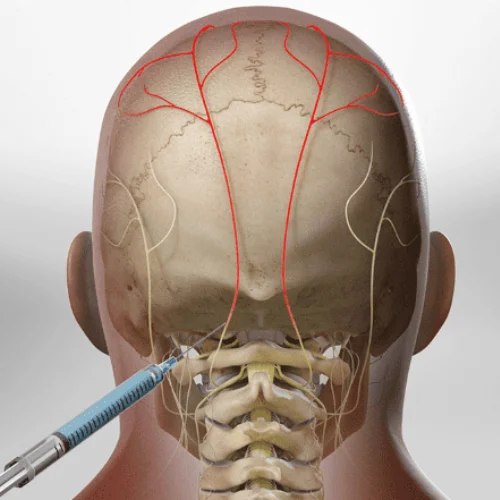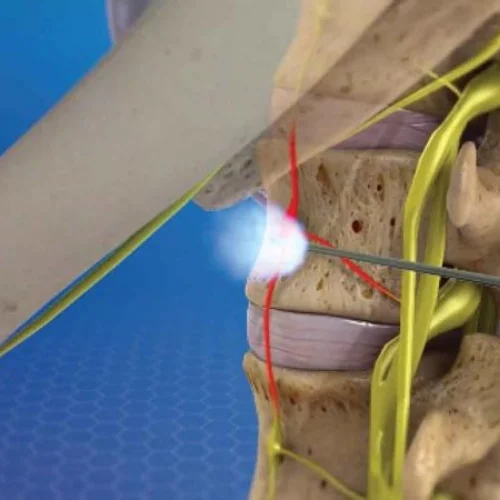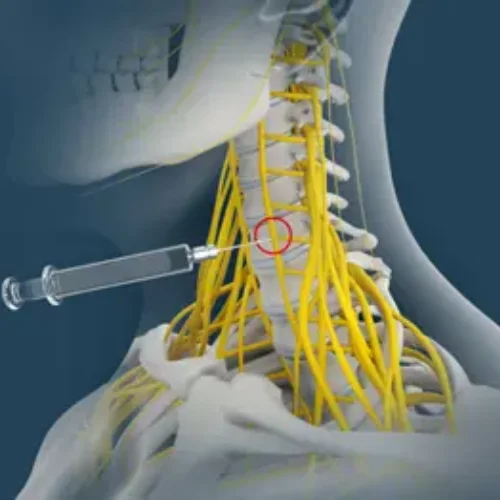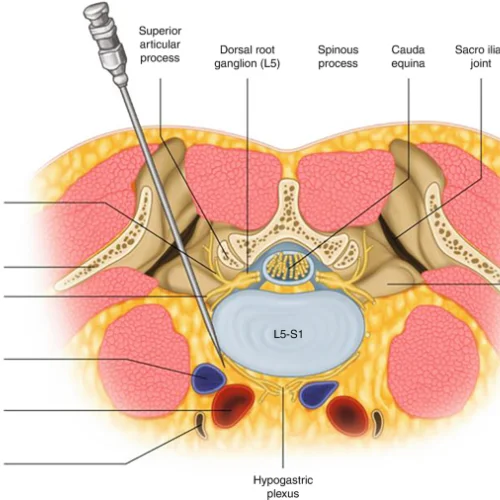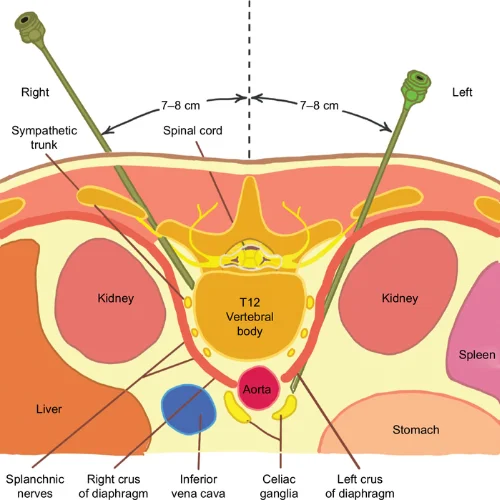Working Time
Book Appointment

An intercostal nerve block is a medical procedure used to treat Dr. Tushar's clinic pain in the chest or abdominal region caused by inflammation or irritation of the intercostal nerves, which run between the ribs. These nerves are responsible for transmitting sensations from the chest wall to the brain.
During an intercostal nerve block procedure, a local anaesthetic and sometimes a corticosteroid medication are injected near the affected intercostal nerve(s) under the guidance of imaging techniques such as fluoroscopy or ultrasound. The injection numbs the nerve and reduces inflammation, thereby providing temporary or long-term relief from pain.
Intercostal nerve blocks are commonly used to manage pain associated with conditions such as:
Intercostal nerve blocks are generally considered safe when performed by experienced healthcare professionals. However, as with any medical procedure, there are potential risks and complications, including infection, bleeding, nerve damage, or allergic reactions to the medications used. It's essential for individuals considering intercostal nerve blocks to discuss the potential benefits and risks with their healthcare provider and to ensure that the procedure is performed in a suitable medical setting.


